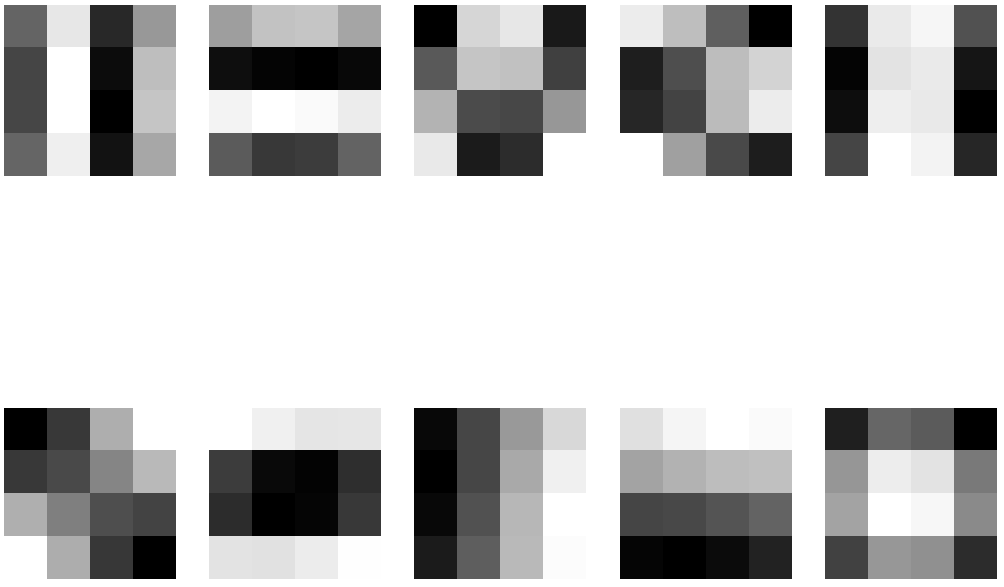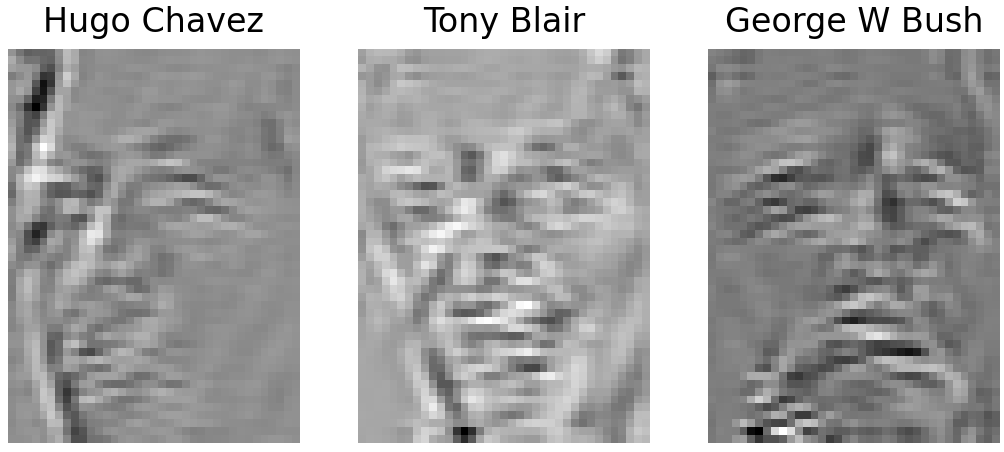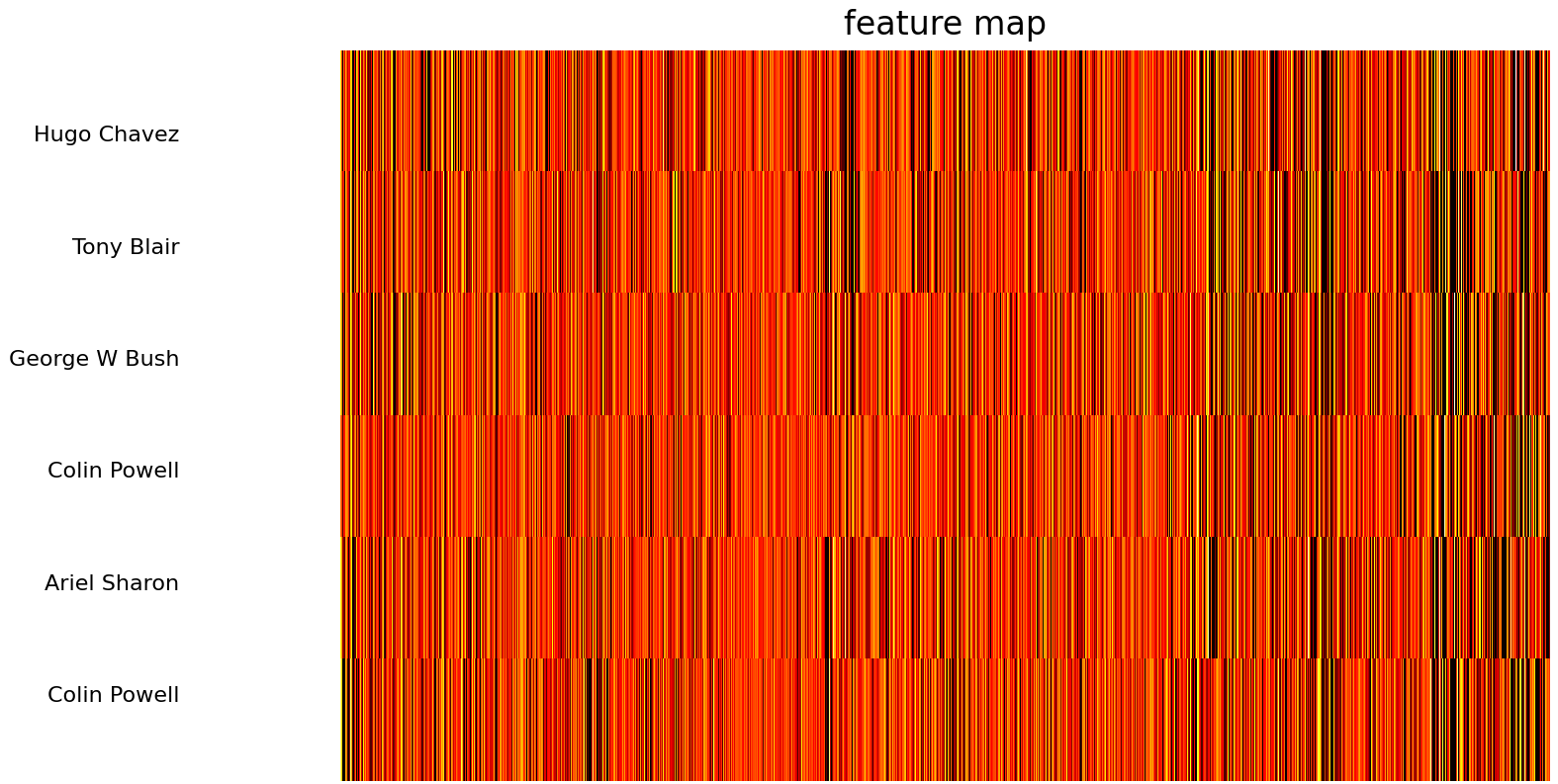We implemented the PCA network described in following reference:
PCANet: A Simple Deep Learning Baseline for Image Classification?, Tsung-Han Chan, Kui Jia, Shenghua Gao, Jiwen Lu, Zinan Zeng, and Yi Ma, 2014
PcaNet is a model of feature extraction for images. We evaluated the PcaNet model on Labeled Faces in the Wild (LFW) dataset using an SVM as a classifier.
- PcaNet is a model which computes a cascade of convolutions. At each level of the network filters are learnt using PCA. It is achieved by first sampling patches from dataset. Then PCA learns an orthogonal basis of patches which allows to decompose any patch in this new basis so that it minimizes the loss of information.
- Once filters are learnt inference is done by applying a sequence of 2D convolutions.
- A binary hashing step binarize outputs. For each pixel it provides a binary sequence, hence an integer. At this step we added a sparsity parameter not introduced by authors.
- Finally hashed outputs are encoded by blocks of histograms and we obtain our feature map.
- For a 2 layers PcaNet model we have the following number of features:
N_Features = N_filters_layer_1 * N_Blocks * 2^N_filters_layer_2
- We used LFW dataset: 1288 images of faces from 7 political leaders (Ariel Sharon, Colin Powell, Donald Rumsfeld, George W Bush, Gerhard Schroeder, Hugo Chavez, Tony Blair). Dataset contains at least 70 images of each politician of size (50, 37).
- We made a 75/25 split of the dataset in order to get train and test sets
We used a 2 layers PcaNet with respectively 10 and 4 filters per layers. filters are of shape (4,4). We encode outputs into 12 blocks for which we computed histograms. We use a sparsity parameter of 0.5. We got 1920 features and trained an SVM with these features.
We could achieve 97% accuracy on LFW dataset, while baseline with raw images as features (1850 dims) obtained 85%.
We could also apply to these features a last dimensionality reduction step (PCA) to obtain less features. With 150 features we were able to achieve 89% accuracy which proved to be above the result obtained with 150 eigenfaces technique that is 86%.








